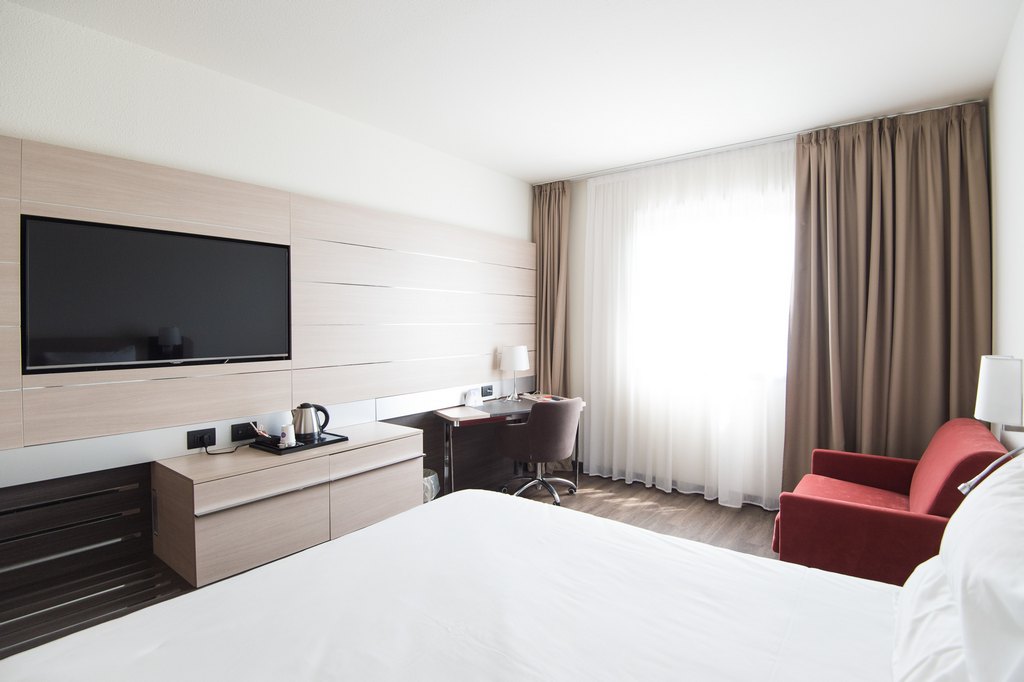 The COVID-19 pandemic has changed travel and hospitality forever. 2020 saw many hotels and flights go empty for long periods. But with additional precautionary measures, CDC guidelines and the start of the vaccine rollout in the US, things are starting to look up. Most importantly, consumer confidence is making a comeback. According to Deloitte’s State of the Consumer Tracker, the percentage of US adults who feel safe staying in a hotel (46%) and flying (34%) reached their highest levels since April 2020. As hotels and travel organizations look to boost their business they need to keep a few things in mind:
The COVID-19 pandemic has changed travel and hospitality forever. 2020 saw many hotels and flights go empty for long periods. But with additional precautionary measures, CDC guidelines and the start of the vaccine rollout in the US, things are starting to look up. Most importantly, consumer confidence is making a comeback. According to Deloitte’s State of the Consumer Tracker, the percentage of US adults who feel safe staying in a hotel (46%) and flying (34%) reached their highest levels since April 2020. As hotels and travel organizations look to boost their business they need to keep a few things in mind:
- Pent Up Demand for Travel: Travelling and staying at hotels has been on a hiatus for a long time and there is a lot of pent-up demand in the market among travelers. Once everything opens up, similar to pre-pandemic levels, we expect a surge in people traveling both for leisure and business.
- Recovery Will Be Slow: One of the key things to keep in mind is that the recovery of this will be slow. Limited travel is already underway with precautions on many levels from spacing in an airplane to limited vacancy at hotels.
Between now and when travel fully resumes to pre-pandemic levels, hospitality businesses have a great opportunity to prepare for the post-COVID world. This will enable them to enhance guest experiences and improve efficiencies in their own business that will in turn drive revenue.
1. Touchless Technology
With the pandemic, many hotels and resorts implemented touchless experiences for their guests. These ranged from accepting contactless payments to using robots to deliver room service to practice effective social distancing. These technologies were not only effective in making sure guests feel safe but added additional efficiencies for staff. In a post-COVID world, a lot of these technologies will carry on and become a norm. Hospitality and travel businesses should look to continue to offer these conveniences in case guests still want to use them. Skift’s Megatrends 2025 predictions talk about the future of automation in hospitality with robots and they predict that it will be more widespread because of the benefits they offer.
2. Business Travelers
Remote work is more popular than ever, and more people will look to travel even if previously their job didn’t require it. According to Skift’s Megatrends 2025 predictions, by 2025 volume of these work trips by all employees will rival the highs of 2019 numbers of business travelers. Hospitality businesses need to prepare for this influx of new business travelers who might need additional facilities to be able to work remotely – from better Internet services to in-room office space, etc.
3. Alternative Payment Methods
Electronic payment methods have evolved over the years, and the US has also caught up to the emergence of EMV and contactless payments. The pandemic encouraged hospitality businesses to accept payment methods that would allow for effective social distancing. However, as they prepare for the post-COVID world, hotels and resorts need to go a step beyond and accept alternative payment methods across multiple platforms and use cases. While Skift’s Megatrends 2025 predicts that 15-20% of customers will leave a booking experience online if their preferred payment method is not accepted. This can easily translate into the in-person experience and that’s why hoteliers must be prepared to provide their guests the payment method they are most comfortable using. These could range from mobile wallets to QR codes, etc. This will not only help them improve guest experience but also enable them to stay ahead of the competition.
Evolution of Hospitality Businesses
With the trends that are brewing, hotels and travel will bounce back bigger than before once travel opens at pre-pandemic levels. In the meantime, smaller adjustments must be made to cater to guests that are traveling during this time. Hospitality businesses should look to keep incorporating touchless technologies to help guests feel safe. They should also look to expand their view of the typical “business traveler” and work on providing the facilities that will help them with their stay. And finally, they should also look to adopt alternative payment methods to help expand their reach to all types of travelers in the future.
If you are looking to understand how your hospitality business can get ahead of the technology curve and would like to speak with an expert, get in touch with us.
Ryan Ahern is Head of Retail Solutions & Support at Ingenico










